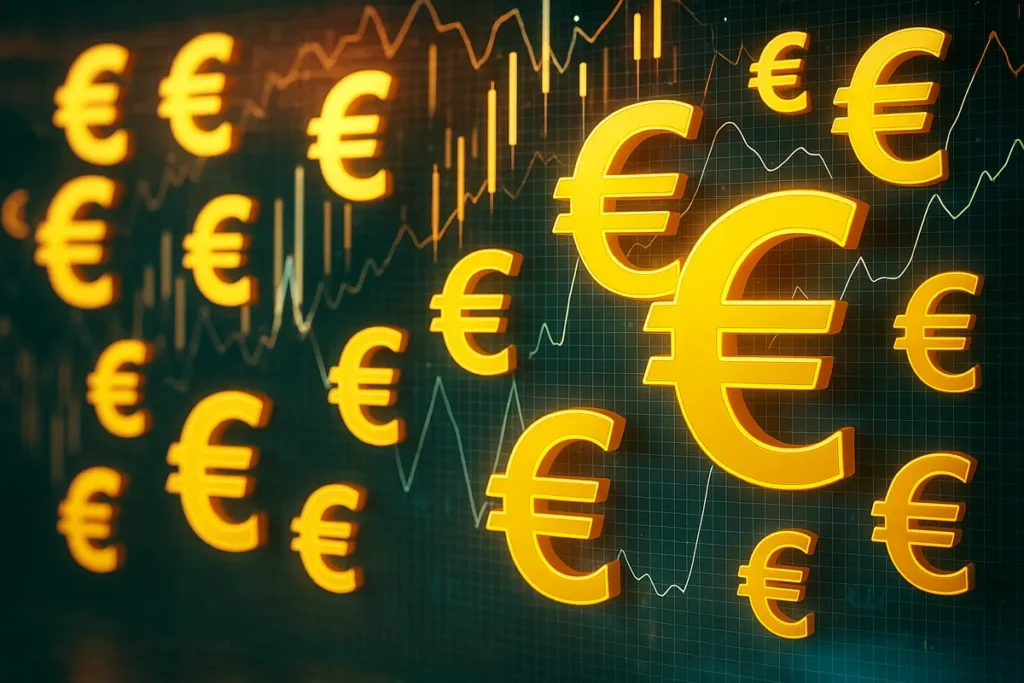The decade following the introduction of the euro saw a dramatic shift in how Europeans handled money. From the mid-2000s onward, digital technology began to transform the financial system, reducing reliance on cash and accelerating the adoption of electronic payments across the continent.
The launch of the Single Euro Payments Area (SEPA) in 2008 was one of the first major steps toward payment integration. SEPA allowed citizens and businesses to make cross-border transfers in euros as easily as domestic ones, laying the groundwork for a unified digital payments ecosystem. By harmonizing bank transfers, direct debits, and card payments, SEPA helped establish a truly European financial infrastructure.
During this period, banks began introducing internet banking platforms and mobile apps, giving customers direct control over their finances for the first time. Contactless cards entered the market around 2007 and quickly gained popularity, especially after the 2010s, when NFC technology made tap-to-pay both secure and convenient. Retailers and public transport systems across Europe soon adopted it as a standard.
The global financial crisis of 2008 also spurred change. As trust in traditional banking wavered, fintech start-ups emerged with new payment solutions, peer-to-peer transfers, and mobile wallets. Companies like PayPal, Revolut, and later Apple Pay and Google Pay demonstrated how financial innovation could deliver faster and simpler transactions.
The European Central Bank monitored these developments closely. Although electronic payments improved efficiency, they also highlighted growing dependence on private, often non-European, systems. Policymakers began to consider how Europe could maintain monetary sovereignty in a world dominated by global tech giants and digital finance platforms.
By 2015, most Europeans were using online banking, and nearly half of all retail payments were made digitally. Cash was still widely used but increasingly limited to small transactions. This shift in consumer behavior would later become one of the strongest arguments for the creation of a public digital currency.
The rise of digital payments not only modernized Europe’s financial habits but also transformed expectations. Citizens wanted faster, cheaper, and more secure ways to pay — a demand that would soon lead the ECB to explore the next logical step: a digital euro.
